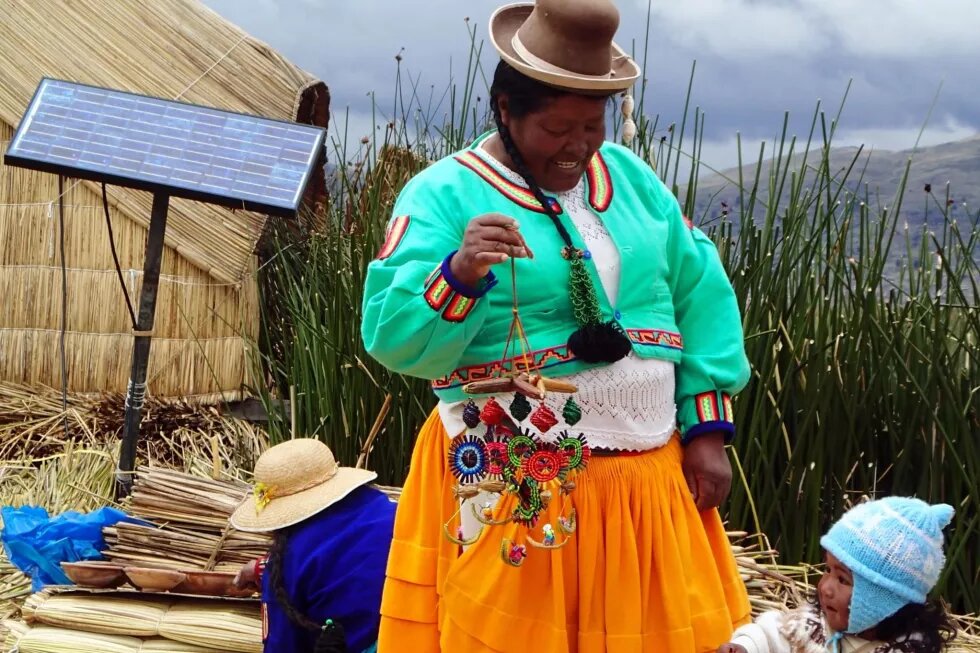
Author: Liane Schalatek
Place of Publication: Washington
Date of Publication: June 5, 2014
Number of Pages: 12
Download PDF
An Update on Efforts to Operationalize a Fund-wide Gender-Sensitive Approach after the 7th GCF Board Meeting
Climate Change is not gender-neutral. The Intergovernmental Panel Climate Change in its latest 2014 working group II report on climate change impacts, adaptation and vulnerability stressed that people who are socially, economically, culturally, politically, institutionally, or otherwise marginalized are especially vulnerable to climate change and also to some adaptation and mitigation responses. This is the case for many women in developing countries already severely affected by climate change. Persistent discrimination and inequality on the basis of gender, along with other factors such as class, ethnicity, age and (dis)ability, heightens vulnerability and affects men and women’s differently in their capacity to adapt to and address climate change challenges. The UN Framework Convention on Climate Change (UNFCCC) in several decisions by its Conference of Parties (COP) over the years likewise acknowledged and affirmed that gender equality and the full participation of women are important for effective action on all aspects of climate change with gender-responsive climate policy needed in national and local contexts.
The Green Climate Fund (GCF) was established by a UNFCCC decision in 2010 as part of the convention’s financing mechanism to “promote the paradigm shift towards low-carbon and climate resilient development pathways” in developing countries in the context of sustainable development. Its Governing Instrument (GI) or charter explicitly recognizes the importance of mainstreaming gender into climate financing efforts and makes it part of the overall Fund mission and vision. Anchored in its introductory section on the GCF objectives and guiding principles, the GI mandates the new multilateral climate fund to maximize the impact of GCF funding for mitigation and adaptation while “taking a gender-sensitive approach”.
Since December 2011, when the COP approved the GI and requested that the Fund starts its work as quickly as possible, the Fund’s Board, the primary decision-making body of the GCF (the GCF is also receiving guidance from and is ultimately accountable to the COP) has met seven times. At its last meeting in Songdo, South Korea in May 2014, the GCF Board completed a set of important decisions required for the GCF to receive, manage, program and disburse financial resources. These decisions were seen as the pre-conditions for starting the process of mobilizing an initial capital infusion into the GCF. While it is not clear how much in initial pledges can be secured in this first GCF resource mobilization effort, which is to start in June and run at least until the end of November 2014, some US$ 10 to 15 billion are hoped for.
With the GCF getting close to full operationalization – and presumably ready to start funding projects and programs in 2015 – it is timely to take stock of the advances by the GCF Board and the Fund’s independent Secretariat toward fulfilling the promise of the GCF charter of a gender-sensitive approach to its funding. What progress has been made over the past seven GCF Board meetings in integrating gender considerations into initial operational policies and modalities, what perils and challenges remain – both in fine-tuning and detailing these initial decisions and in implementing them? What gender-relevant provisions must be prioritized in the next few Board meetings to ensure that gender equality considerations are self-evident in the first and all future projects and programs the GCF will soon fund and permeate the working culture of both the GCF Board and Secretariat?
This analysis looks at some of the specific decisions taken at the 7th GCF Board meeting in Songdo in May to address those questions and provide recommendations for strengthening the full operationalization of a GCF-wide gender-sensitive approach.
CLICK here for preparatory documents for the 7th GCF Board meeting held from May 18-21 in Songdo, South Korea

